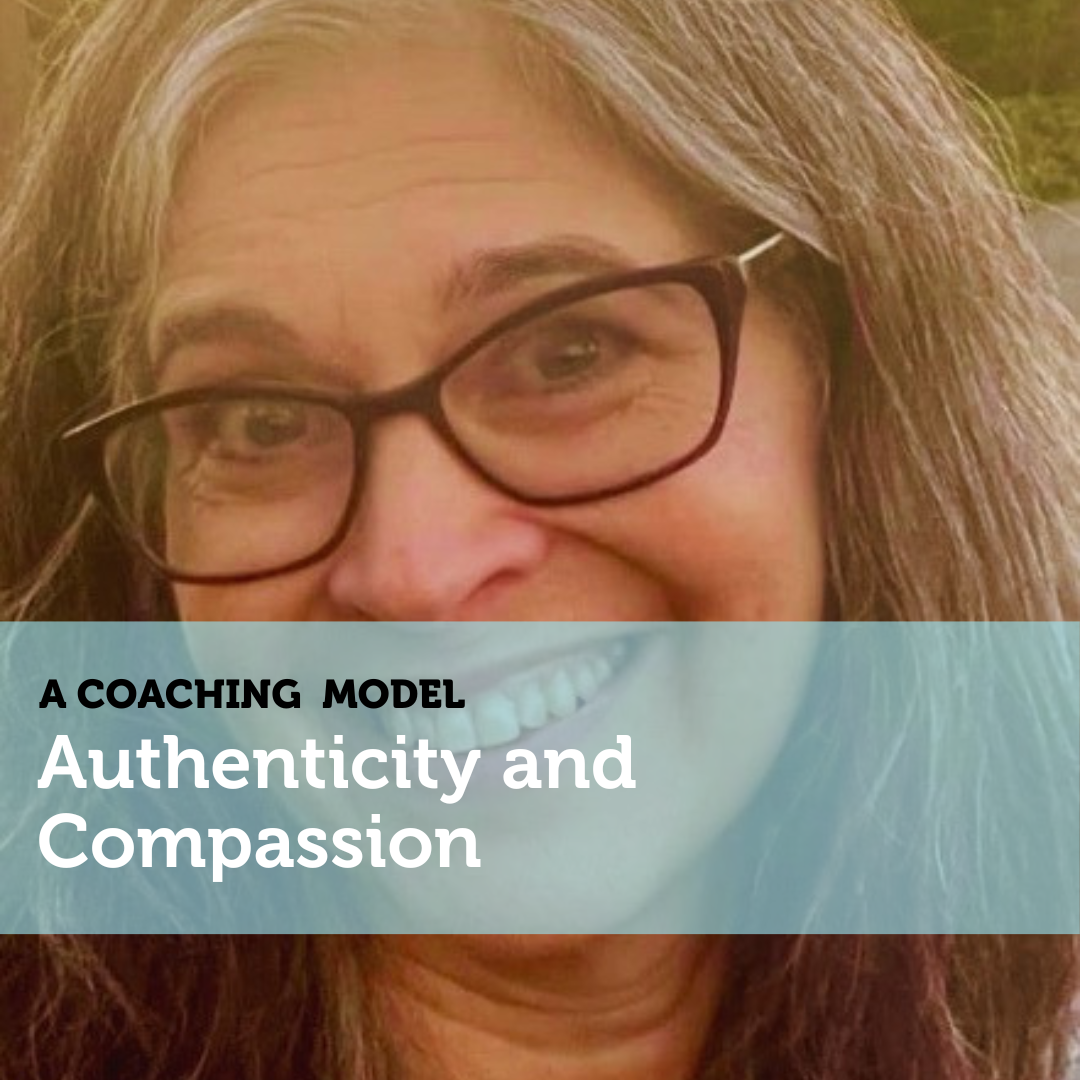A Coaching Model By Margaret Schultz, Leadership Coach, UNITED STATES
The Concept of an Authenticity and Compassion Coaching Model
I struggled with coming up with a coaching model and was wondering why. What was blocking me? Eventually, I realized it’s most likely my ongoing inner battle between accepting my unique skills and strength as a coach and needing to be seen as an “expert”. And the idea of a coaching model somehow fell into the mode of an expert.
The Authenticity and Compassion Coaching Model
If I were to name my model, and of course I am, it would be coaching with authenticity and compassion. This means that I bring my full self to the coaching session, including my own experiences, insights, and values. I do not need to always depend on outside resources, such as books or assessments, to provide answers for my clients. This doesn’t mean outside resources are bad, not at all, they can be helpful, but my key strengths lie within me. I believe that the answers lie within each individual, and my role is to help them to discover those answers for themselves.
I listen deeply to my clients and value what they bring to the table. I believe in my clients and their ability to reach their goals. I am their supporter and their advocate, and I do everything I can to help them to succeed. I use my intuition, my experience, and my reflections to mirror what I see, hear, and feel. I bring in my full self, I acknowledge when I don’t know something, or when I might need to re-ask a question. I share my fallibility, and my sometimes awkwardness, in modeling strength in frailty, honesty, and authenticity. This can sound like, “ Wow, that was a confusing question, let me ask a better one…” This shows I don’t always know what or how to ask a given question, we are on a journey together…It makes it OK for them to bring in their vulnerability and not have to show up perfectly, just as the human they are.
Being authentic and compassionate as a coach allows for a deeper level of connection between the coach and the client. When the coach is truly present, authentic, and engaged, the client feels seen and heard. This can lead to a greater sense of trust and rapport, which is essential for effective coaching.
An authentic and compassionate coaching model fosters a sense of self-discovery. When the client feels safe and supported, and free to bring their full awkward selves, they are more likely to open up and explore their own thoughts, feelings, and experiences. This can lead to insights that can help them to move forward in their lives.
An authentic and compassionate coaching model can help to build confidence and motivation. When the coach believes in the client and their ability to achieve their goals, the client is more likely to believe in themselves. This can lead to a greater sense of self-efficacy, which can help the client to take action and achieve their goals.
I believe that an authentic and compassionate coaching model versus a “being an expert” model is the most effective way for me to help clients achieve their goals. When I bring my full and fallible self to the coaching session, listen deeply to my clients, and believe in their ability to succeed, I can create a safe and supportive environment where clients can grow and transform.
Learn How to Create Your Own Coaching Model
Your Coaching Model reflects your values,
philosophies, and beliefs and must communicate who you will coach
and the problems you will solve. Read more about creating your coaching model
